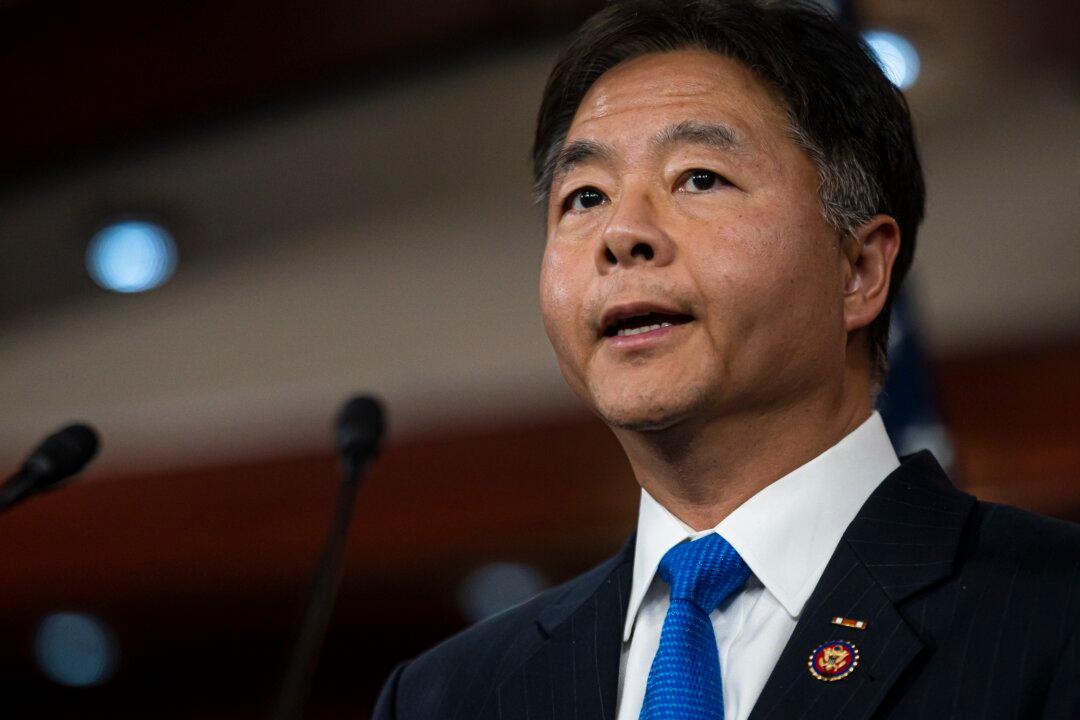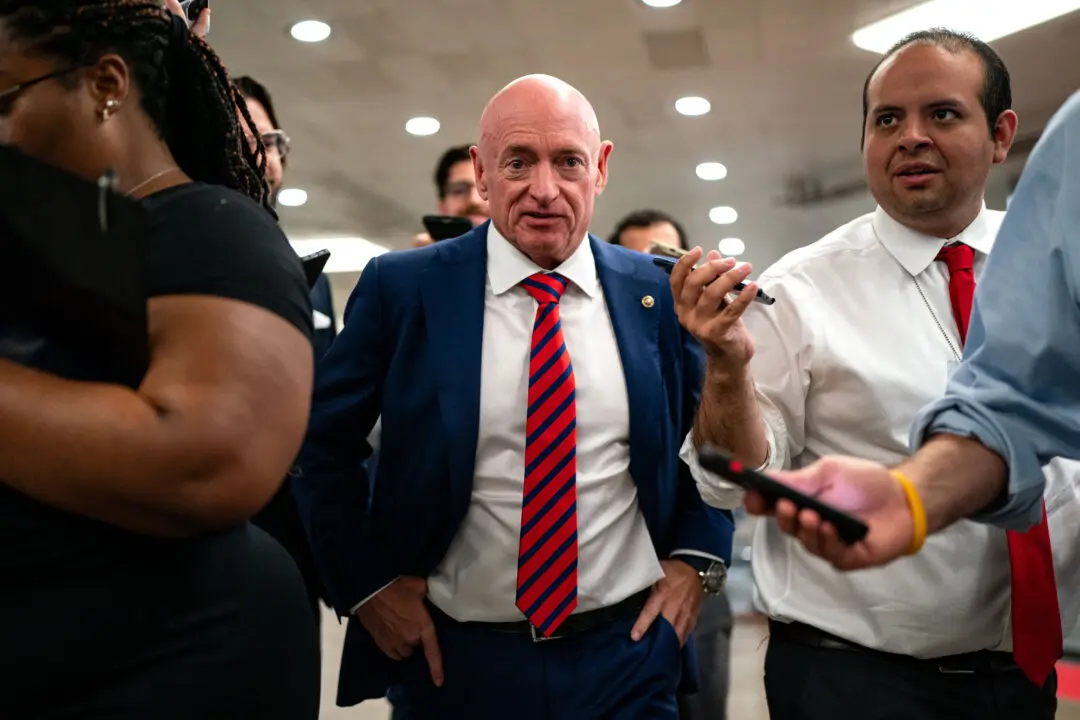Rep. Ted Lieu (D-Calif.), vice chair of the House Democratic Caucus, weighed in on the continued delays in selecting the next speaker of the House, saying the wait will have “real-world consequences” for members of Congress.
The House has held six votes on Tuesday and Wednesday to select the next speaker, but in each case, the Republican majority that now controls the House has been unable to achieve the majority vote necessary to select a candidate from their party. On the sixth vote on Wednesday, Rep. Kevin McCarthy (R-Calif.) received 201 votes for his speakership, while 20 Republicans voted instead for Rep. Byron Donalds (R-Fla.).






